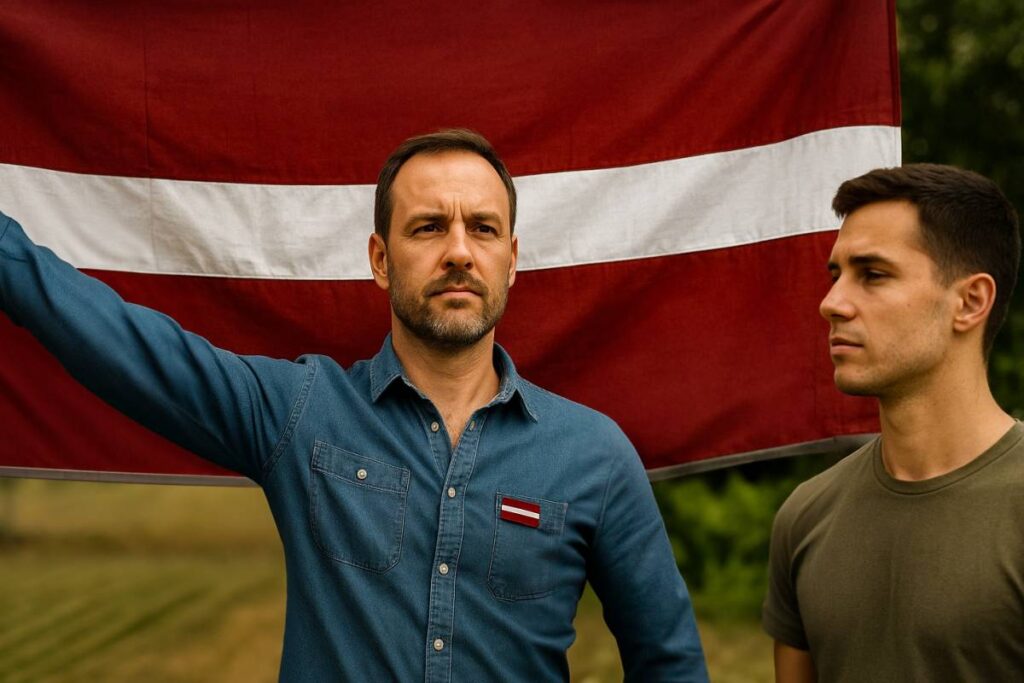
Patriotism stirs up society during important national holidays. With pride, with tears in their eyes when they hear the anthem, with a flag pinned to their chest or with loud words about their love for their homeland. Patriotism is not an emotion. It is a character trait – the ability to be loyal to one’s place, city, country, and people.
A person who is truly patriotic does not ask: “What can my country give me?” They ask: “What can I give to make it stronger?” However, a large part of society does not even get to the second question, which is why patriotism tends to manifest itself as a one-off event rather than a constant action. It is as if one day a year is enough to feel a sense of belonging, and the other 364 days can be lived as a stranger in one’s own country.
Patriotism begins when a person does things that are not always visible to others, but does them correctly nonetheless. Work is done honestly, not because someone is watching, but because it is done with self-respect. A patriot understands that even their smallest contribution is not insignificant, but part of the overall contribution. Small deeds – those that do not make headlines, but keep society alive and functioning.
We tend to talk about love for our homeland, but at the same time we are unable to cooperate in basic situations. When it comes to showing responsibility or simply humanity, many people act out of self-interest. Everyone lives in their own little bubble, but patriotism requires looking outside of it – seeing yourself as part of something bigger.
Patriotism is not about idealizing the past or dreaming about the future. It is about today’s actions. About the ability to keep one’s word, respect work, and bear responsibility without pretense. Because the state is not something outside of us – it is us, every day, through our actions or inaction.
Patriotism is not a flag in the wind. At the heart of patriotism is the individual.